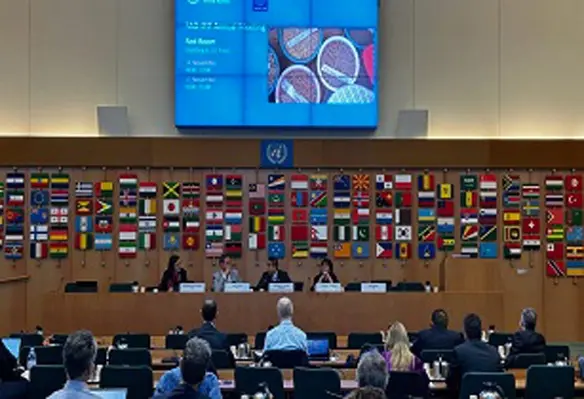During their 22nd annual meeting, the International Feed Industry Federation (IFIF) and the Food and Agriculture Organisation of the United Nations (FAO) decided to further strengthen their collaboration on critical issues to ensure safe, nutritious and sustainable feed and food
Present at the meeting were IFIF delegates representing more than 80% of global compound feed production, committed to working together to address the numerous challenges facing the feed and food chain.
Director of Animal Production and Health at FAO, Thanawat Tiensin highlighted that animal feed played a major role in improving efficiency, which was key to producing more with less. Efficiency could be achieved through the optimisation of feed conversion, reduction of feed loss and waste and enhancement of nutrient utilisation. All of these had the ability to reduce pressure on biodiversity, land and water resources, as well as decrease greenhouse gas emissions and mitigate environmental degradation.
Moreover, Tiensen called on all members of the IFIF to continue concrete actions to support sustainable livestock transformation, reaffirming that resilient, inclusive, and efficient sustainable livestock transformation could only be achieved by working together with all stakeholders. He further congratulated the FAO for their previous year’s achievements, which included the organising of the first-ever conference on Sustainable Livestock Transformation and the first high-level Global Forum for Animal Feed and Feed regulators in Rome, directly ahead of the FAO IFIF Annual Meeting 2023.
“The publication of the updated FAO and IFIF Manual on Good Practices for the Feed Sector was a key milestone as we work together on Capacity Development for feed safety,” said Tiensen.
While continuing to contribute to FAO’s work to address antimicrobial resistance (AMR), IFIF is also looking forward to the 17th International Feed Regulators Meeting (IFRM) in 2024. This is seen as yet another great example of IFIF-FAO collaboration positively impacting the feed and food chain.
“A Capacity Development training in Asia will be an important opportunity for us to further strengthen collaboration with the Asian feed sector, regulators and stakeholders,” added Tiensen.
For more information, visit: https://ifif.org and https://www.fao.org/home/en/




